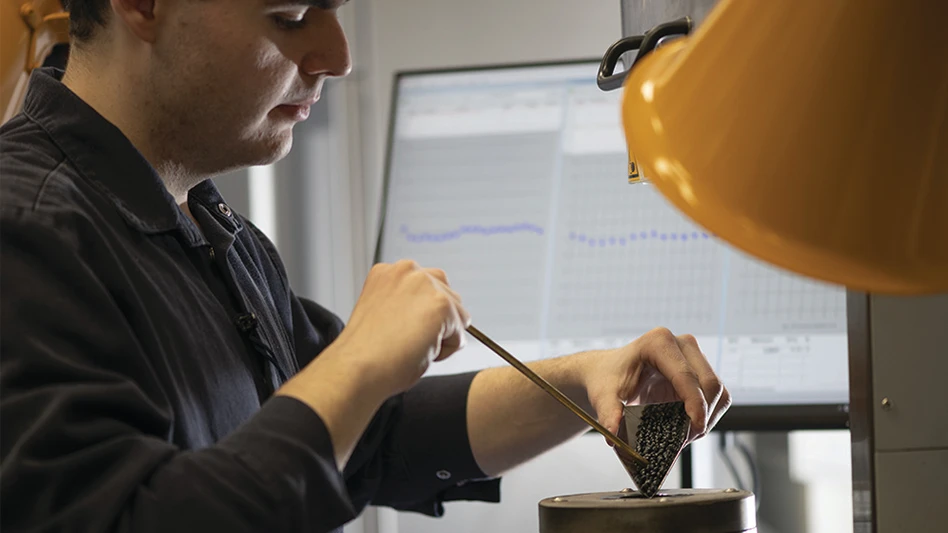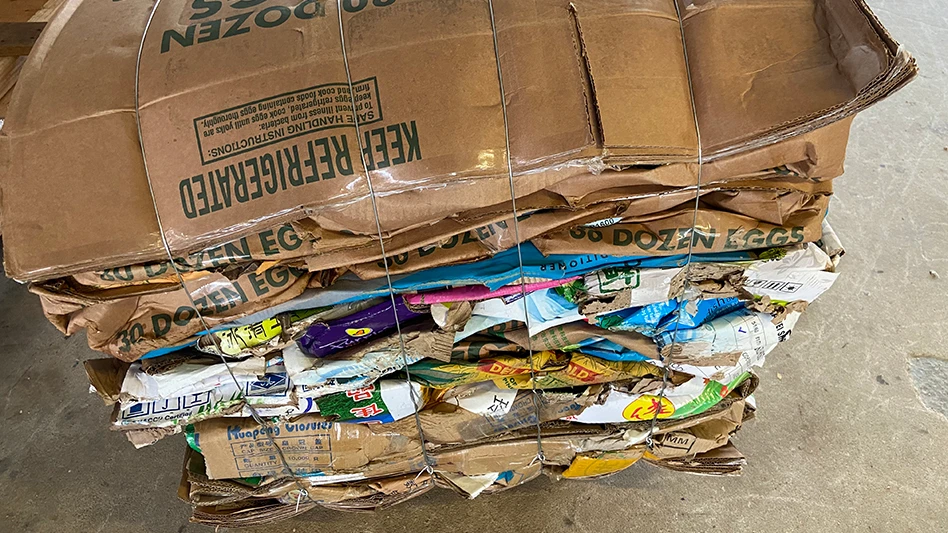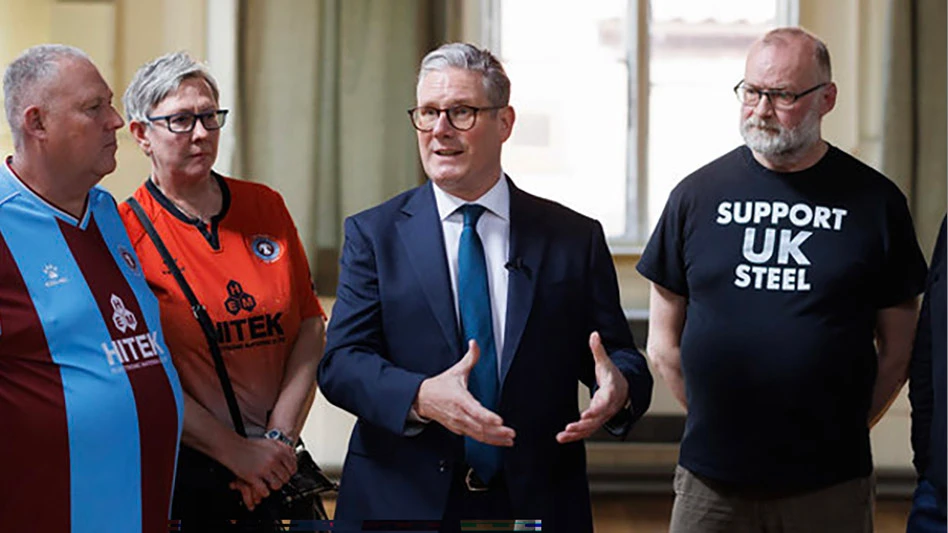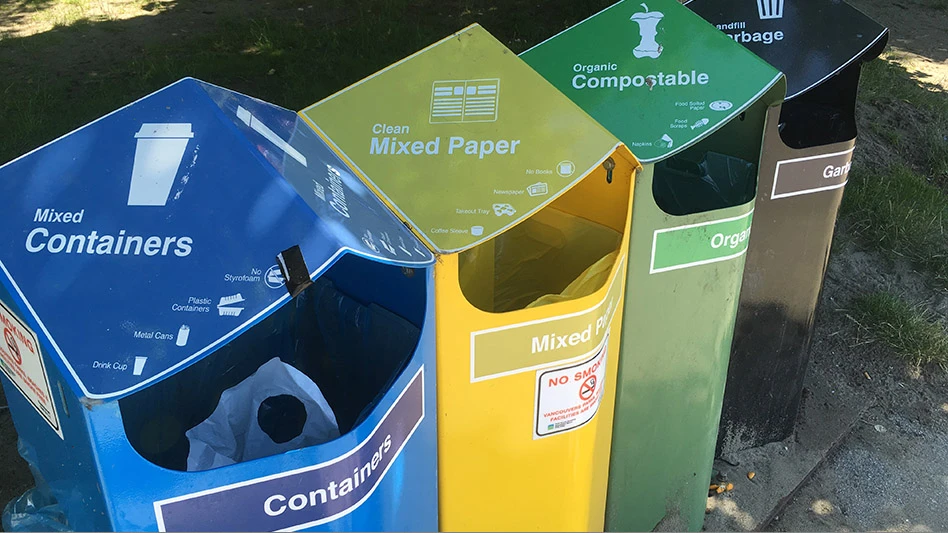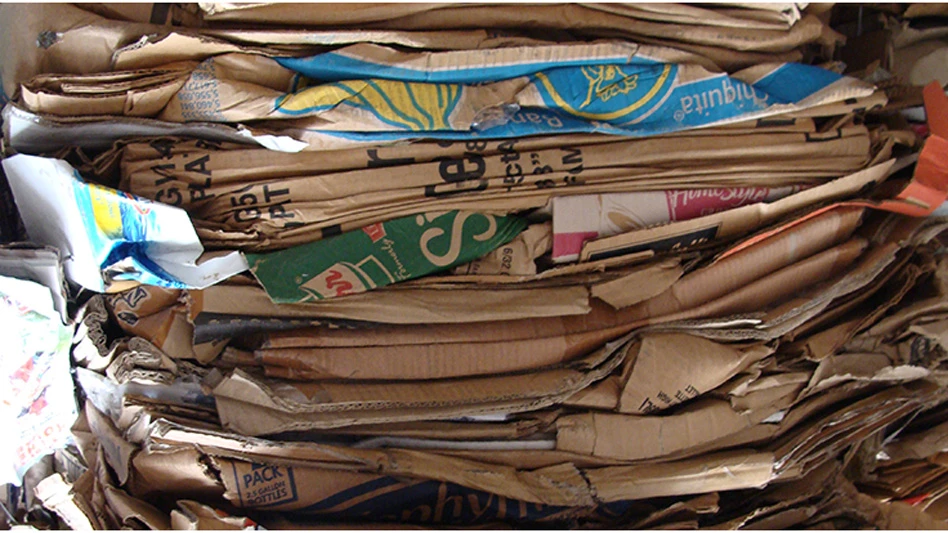
Recycling Today archives
A filing with a Nevada government agency indicates that investors who explored building a recycled-content containerboard mill in Utah several years ago are now seeking to locate the mill in northern Nevada.
Three dozen pages of documents collated and posted to the Nevada Governor’s Office of Economic Development (GOED) website describe the proposed mill as one that will convert 370,000 tons annually of recovered paper into containerboard.
Several of the documents originate with South Jordan, Utah-based Ingenia Chartam LLC dba Crossroads Paper.
From 2019 to 2021, the Crossroads Paper name was attached to a proposed project to build a similar sized mill in the Salt Lake City area.
Although that project attracted at least one additional investor in 2021, the mill did not come to fruition in Utah.
A November 2023 letter from Crossroads Paper CEO John Sasine to GOED says: “Total project investments in land, equipment, infrastructure and workforce development are anticipated to exceed $450 million.”
Incentives being applied for include state assistance to go toward health care benefits for employees that Crossroads Paper estimates will earn an average of nearly $45 per hour. Also checked in the company’s application are four types of tax abatement: sales and use tax, modified business tax, personal property tax and recycling real property tax.
As it did about four years ago, Crossroads cites Finland-based Valmet as its intended supplier of major mill equipment systems. That technology would include a paper machine, an old corrugated containers (OCC) handling system, air systems and speed controls, with an installation cost estimated at more than $100 million.
Crossroads indicates it has selected a site in Winnemucca, Nevada, in Humboldt County, which is in a sparsely populated part of northern Nevada.
In a letter to GOED, Michelle Hammond Allen of the Nevada 95-80 Regional Development Authority, which represents Humboldt County, writes that the agency "supports the diversification this project brings to our local economy” and “the estimated 10-year economic impact has the potential to exceed $1 billion.”
“By building a manufacturing facility to recycle [recovered] paper and produce new packaging material, Crossroads fills a void for packaging material currently lacking across the western region of the United States," Hammond Allen adds. "Their product will be exported to customers in other western states, as well as to Mexico and Canada.”
In terms of sourcing OCC, Sasine writes in his letter, “The raw materials will be collected within the region. The finished output will be used by packaging manufacturers throughout the West.”
While large city “urban forests” that generate OCC may be somewhat distant, Sasine says, “Northern Nevada is extremely well positioned as a location for Crossroads Paper, given the Interstate-80 and Union Pacific [freight rail] transportation corridor, its proximity to end use markets in California, and the state’s attractive investment climate.”
The filing lists six investors in or partial owners of Crossroads Paper, including the Sasine Family Trust and two individuals with that last name. Also listed are Clint Peterson, whose firm Peterson Partners was attached to the Utah mill attempt, and Matthew Day, who worked with Peterson Partners at that time. The final investor is a Jordanelle Capital Fund, connected with Salt Lake City-based Jordanelle Capital, where Day now works.
The documents pertaining to Crossroads Paper can be found here.
Latest from Recycling Today
- Commentary: How EPR is transforming the packaging industry
- Acerinox names new North American Stainless CEO
- Greenwave closes 2024 books with red ink
- Steel Dynamics nets $217M on record shipments
- Massive Chinese steelmaking rebound recorded in March
- LME looks into sustainable metal pricing
- OnePlanet Solar Recycling closes $7M seed financing round
- AMCS launches AMCS Platform Spring 2025 update


